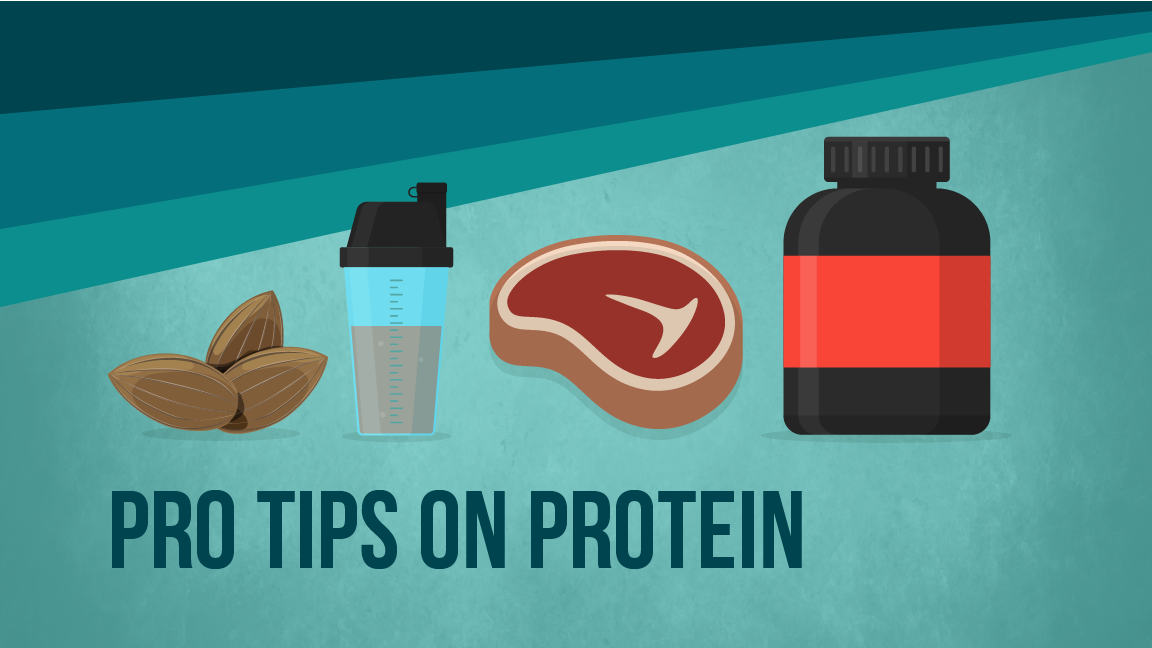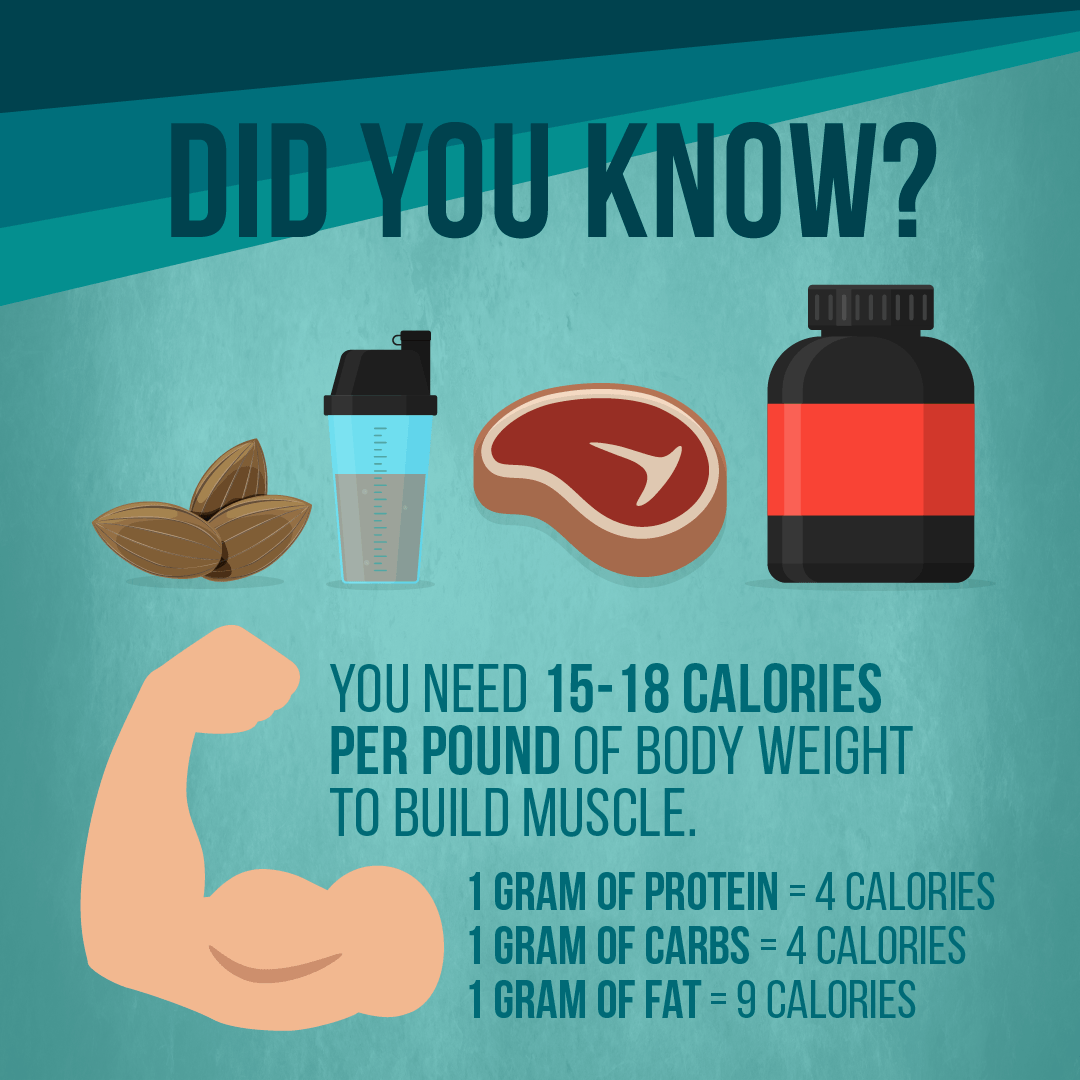Pro Tips for a High Protein Diet
Protein. It’s one of the most important topics when it comes to improving your physique. Muscle is made of protein. So naturally, if you boost your protein intake, you’ll build muscle. But not all high protein diets are created equal.
So, why is it important and how much should you be eating? Let me drop some knowledge on you so that you can start your high protein intake.

How Much Protein Do You Need?
It’s suggested that men eat between 1 and 1.5 grams and women eat between 0.5 and 1 gram of protein per pound of body weight per day. Depending on the intensity of your gym training, you can eat closer to 2 grams.
Whey Is the King of a High Protein Diet
Being rich in BCAAs, isoleucine and valine, whey is the fastest digesting protein. This is especially important for energy during your workouts. You should aim for 20-40 grams of protein before your workout and 20-40 grams of protein after your workout. If you can’t make two different shakes, you can make one big shake that contains 40-80 grams of protein that you sip throughout your workout.
Fun fact: you should eat an actual meal an hour after your post-workout protein shake. Que the high protein diet.
So, You’re Hungry All the Time
Knowing when to eat is key. Some studies suggest a waiting period of five hours between meals while others suggest eating every two to three hours. Yes, waiting longer between meals spikes protein digestion and synthesis, but it also increases muscle breakdown – that’s more critical for muscle growth.
Your body needs nine amino acids to build lean muscle. While nuts, whole grains and veggies technically count as protein, they don’t contain all of the amino acids, nor are they enough for your high protein diet. The nine essential amino acids are histidine, isoleucine, leucine, lysine, methionine, phenylalanine, threonine, tryptophan and valine, and they create complete proteins. Complete proteins can be found in animal products like chicken, turkey, seafood, pork and lean beef. You can also use eggs and dairy to assist complete proteins.
Don’t have enough time for a whole-foods meal? Here are some quick, high protein diet ideas:
• Jerky: 1 ounce = 9.4 grams
• Roasted soy nuts: ¼ cup = 17 grams
• Protein powder: 1 scoop = 10-20 grams (depending on brand)
• Energy bars: 1 bar = 10-12 grams
• Hard-boiled eggs: 1 egg = 6 grams
• String cheese: 1 stick = 8 grams

Avoiding Fats? Think Again.
Some fats should be avoided without exception (trans fats), but essential fats are necessary for good health. For example, omega-3 fats from fish like salmon are critical for muscle recovery and growth. It also provides a plethora of other health benefits, and you can get them from other foods like tuna, walnuts and egg yolks. Divide your body weight in half—that number is how many grams of fat you should consume every day.
One gram of protein provides four calories. Similarly, one gram of carbs provides four calories. Finally, one gram of fat provides nine calories (depending on type of fat). If we get one gram of protein per pound of body weight and .5 grams of fat per pound, then we’re sitting around nine calories per pound of body weight. Shoot for one gram of carbs per pound and you’ll be eating around fifteen calories per pound of body weight to build muscle.
Eat Carbs After Your Workout
Glycogen is the storage form of carbs. During your workout, you burn through your muscle glycogen super fast. Most carbs are broken down and converted into glucose (blood sugar). Glucose has the ability to be used immediately or stored for later in your muscle fibers and liver. When your muscle glycogen levels are depleted at the end of a workout, you have to restore them quickly or your next workout can compromise your muscle growth.
Fuel Your Body with a High Protein Diet
The fitness and health world can be really confusing, but it doesn’t have to be. All you need to know on the protein front is that higher levels of protein help you maintain a healthy body and good immune system. Thirty percent of the proteins energy goes toward absorption and digestion while only 8 percent of carbs energy and 3 percent of fat’s energy do that. Protein is key to having a strong, healthy body.

Nice article.
I really like the graphical image that you have used in this article. 🙂
thank you
good article you are published and i am impressed your think.
nice article…thanks for sharing with us..